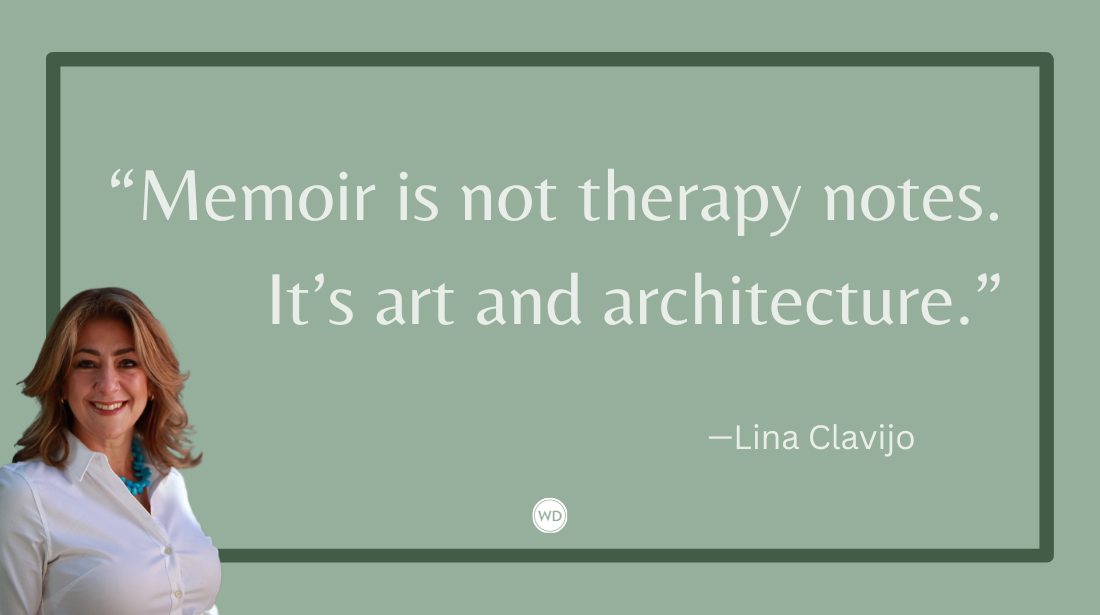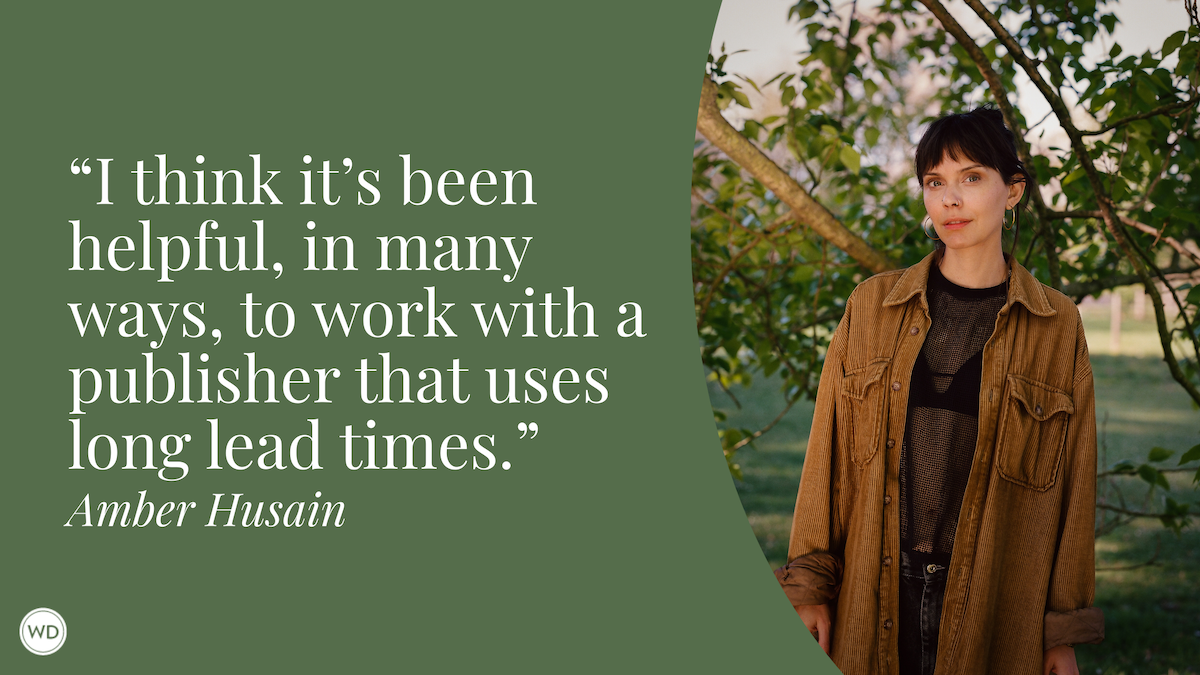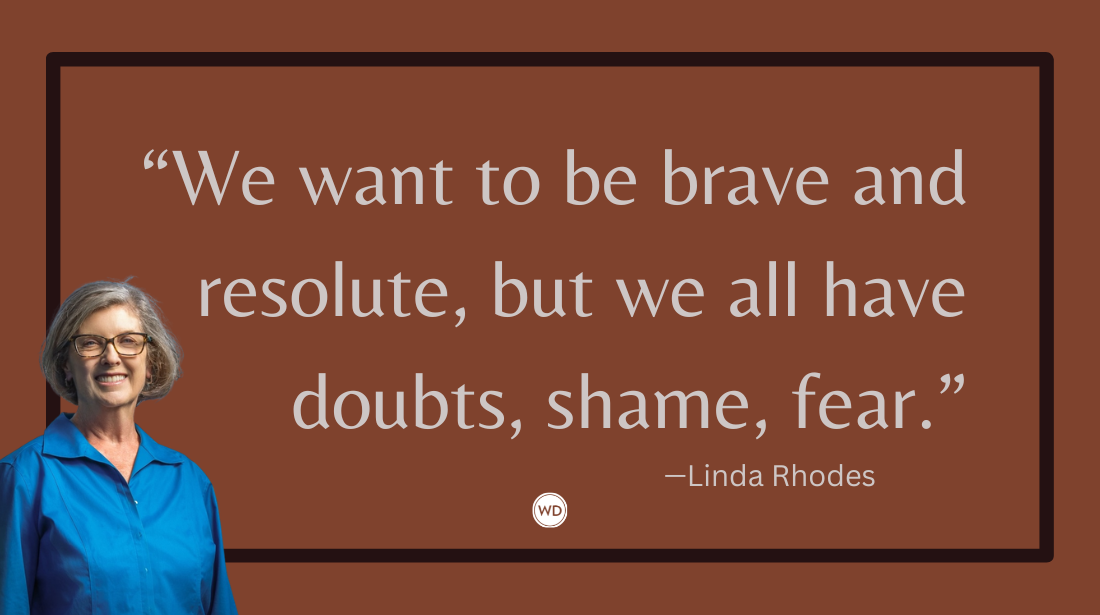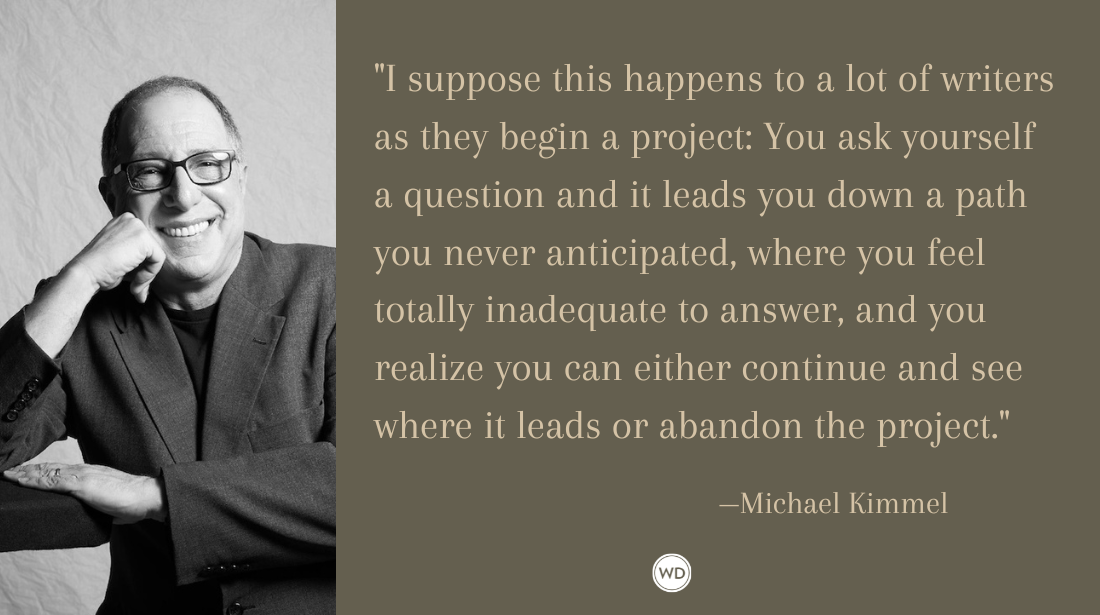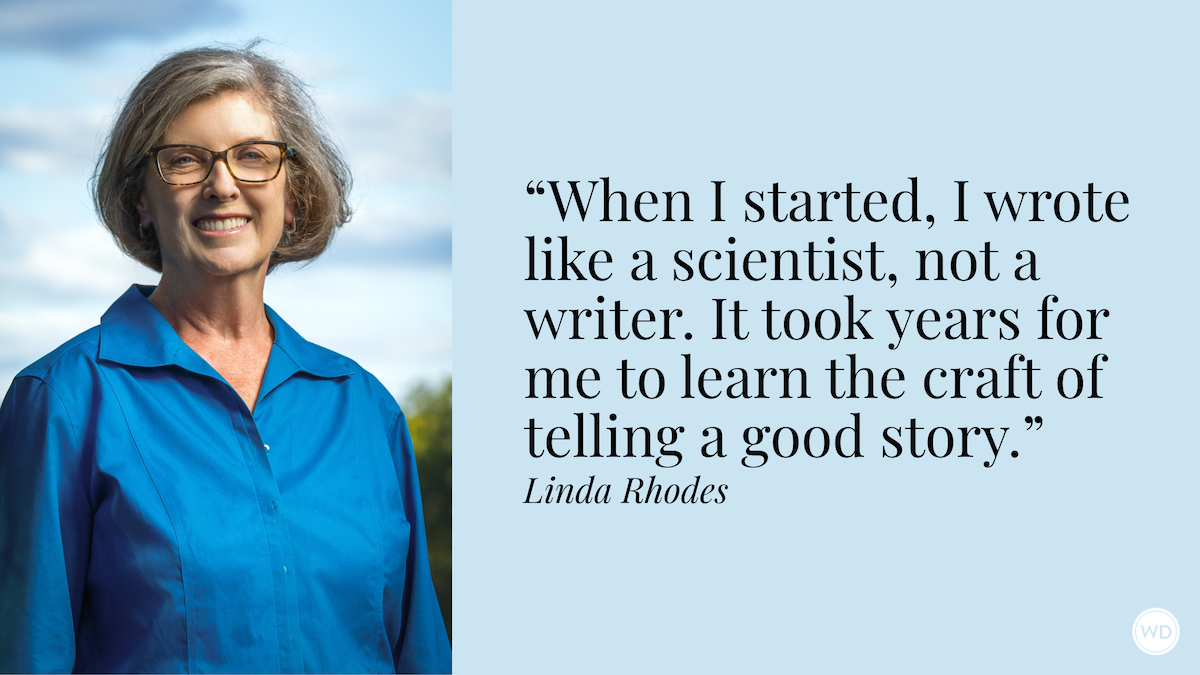A Letter to F. Scott Fitzgerald From the Second Roaring ’20s
Raj Tawney writes a letter to F. Scott Fitzgerald, from one Roaring ’20s writer to another.
Dear Mr. Fitzgerald,
Given your penchant for writing letters throughout your life, your intimate and candid correspondences have become as integral to your legacy as your novels and short stories. I hope you’ll forgive this letter not being penned by hand as the process has changed in the digital age. Though, rest assured, personal sentiment still exists behind various pictograms and composites.
I’m writing to you from the second Roaring 20s—one century after your debut novel, This Side of Paradise, finally saw the light of day after so many revisions and rejections. I’m living in the midst of a young decade that has already witnessed great change, a crippling pandemic, vast technological advancements, excessive connectivity, civil progress, social decline, legal reform, political spectacle, war, gluttonous wealth for some, financial hardship for many, and strong divides in values, beliefs, treatment, and consideration towards our common humans. But trust me, there is also beauty, and kindness, and hope in eyes that are open wide enough. If only you could see us now.
Perhaps I am of a new “lost generation,” wondering where I fit into an oblique landscape constantly evolving into segmented versions of perceived righteousness. I exist in an ongoing story, of one you were unable to complete—The Last Tycoon—where Hollywood’s manufacturable influence has run rampant and mass consumerism has infected every facet of our souls as we sell them to conglomerates for mines of data and unnecessary convenience. They swear it’s for society’s benefit and convince us we're better off for it, but how could that possibly be true?
I recently reread your series of essays, The Crack Up. I couldn’t help but question my own train-of-thought lately and your footsteps of whom I’m walking behind. How can a creative individual exist without the institution of commerce after all? Your stories affected me as a boy and subsequently my desire to become a writer as an adult. Now, like you, I feel myself compromising my vision for the sake of bending to distasteful demands of present-day interests. How did you put up with it for so long? All of that stress must have weakened your already fragile heart.
I want you to know how greatly the world has revered your work since you’ve left. It’s a shame in the last year of your life you had made only $13.13 in royalties from your work. If you could only see now how many Jay Gatsby-types are working on Wall Street, financially benefiting tenfold from your words and ideas. Never mind them, Mr. Fitzgerald. Great art lives beyond monetary worth and physical possession.
Over 100 years later, you’re continuing to influence ageless minds through the stories you’ve gifted to us. They serve as a reminder that no matter how ugly the present may seem in our heads, we must never stop searching for love within our hearts. No matter how nightmarish our times appear, we must keep dreaming until an awakening is achieved or else our eyes will remain shut.
Thank you for beating on against that current. I’ll keep bearing back into the past.
Sincerely,
Raj Tawney
Reader. Writer.
Raj Tawney writes about identity and culture from his Indian, Puerto Rican, and Italian American perspective. He has contributed to The New York Times, The Washington Post, The Guardian, and other publications around the world. He is the author of the memoir Colorful Palate: A Flavorful Journey Through a Mixed American Experience and the new Middle Grade novel All Mixed Up.





